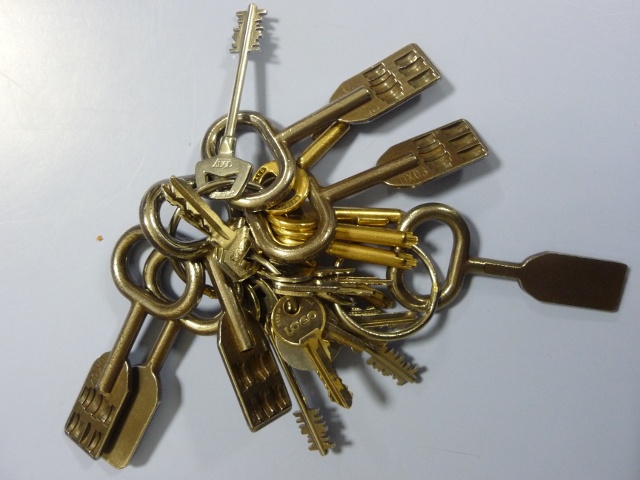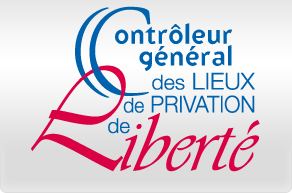The tasks of the CGLPL
Field of competence: places of deprivation of freedom
The “contrôleur général” can visit at any time, each place where people are deprived of liberty: prisons, hospitals where people stay without their consent, places of custody or customs detention, centers for detention of foreigners, and vehicles which are used to transport people deprived of freedom.
Central tasks: taking care of the respect of fundamental rights
“Contrôleur général” takes looks after human treatment and dignity for people who are deprived of freedom. He has three main tasks:
- To make sure that rights which are inherent in human dignity are enforced;
- To make sure that a good balance is established between fundamental rights enforcement of people who are deprived of freedom and observations on public order and security;
- But finally and especially, to prevent any violation of their fundamental rights;
Within the framework of his task, the “contrôleur général” takes care both to living conditions in detention or retention centers, or hospitalization and to working conditions of staff and other assistants, in the sense that they necessary impact the efficiency and the nature of relations with the people who are deprived of freedom.
Ways and mean
- The “contrôleur général” freely chooses places where he, or his team, will make controls;
- Visits can be scheduled (in this situation, the head of the controlled place is warned a few days before) or unexpected;
- Authorities can’t be against a visit, apart from very serious reason, such as national security, natural disaster or heavy troubles in the visited place;
- The “contrôleur général” can obtain any information or file which are necessary to his task, with a few exceptions ( national
- The “contrôleur général” sends to the ministers who are in responsibility of the visited place, a report, then recommandations he may publish;
Each year, he submits a report to the President of Republic and to the Parliement. This report is public.
Auxiliary means
- The “contrôleur général” can notify an action to prosecutors, if, during his activity, he is informed of any crime;
- He can also ask disciplinary penalties to the proper public authority, if he is informed of professional misconducts.

